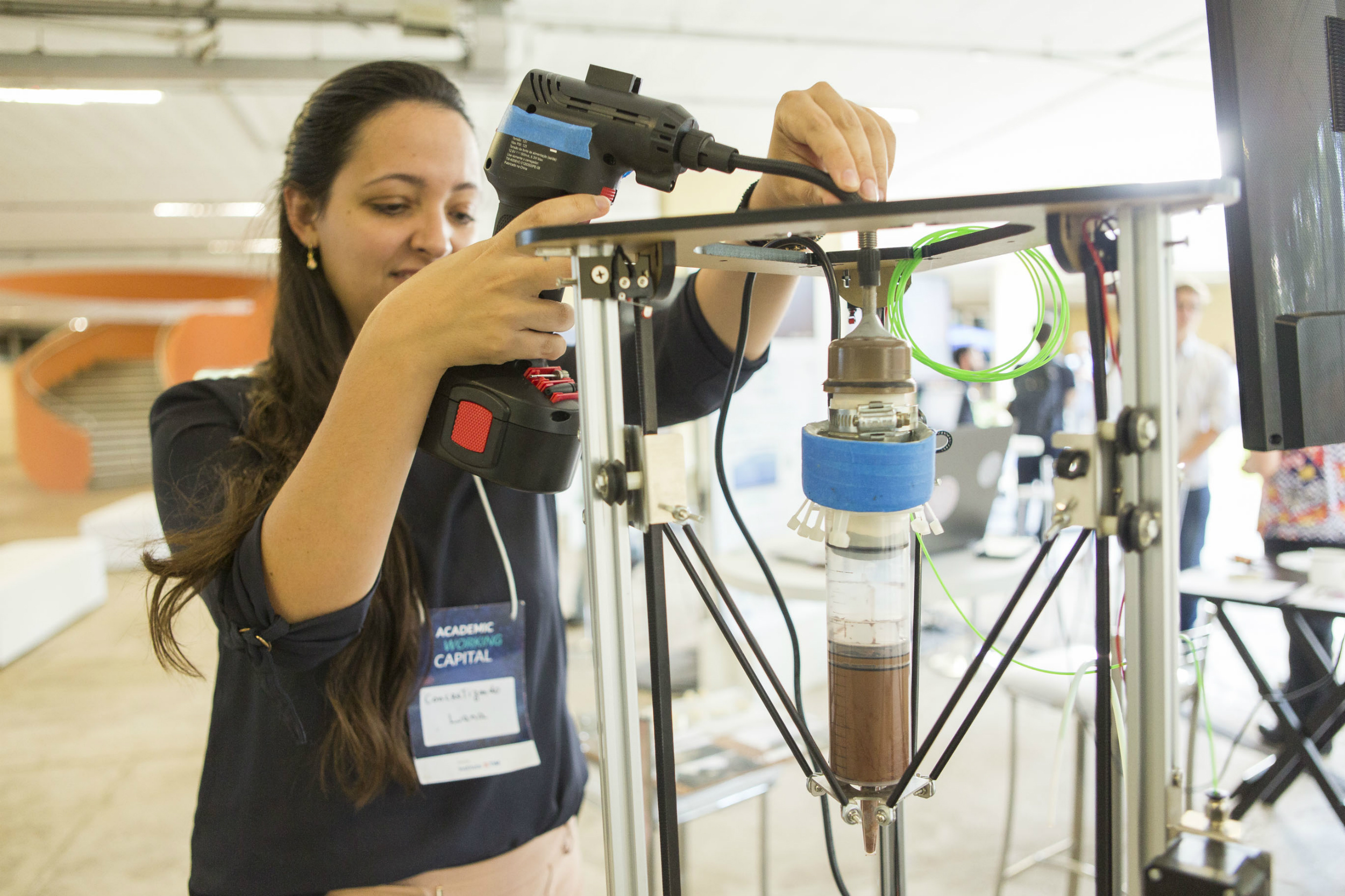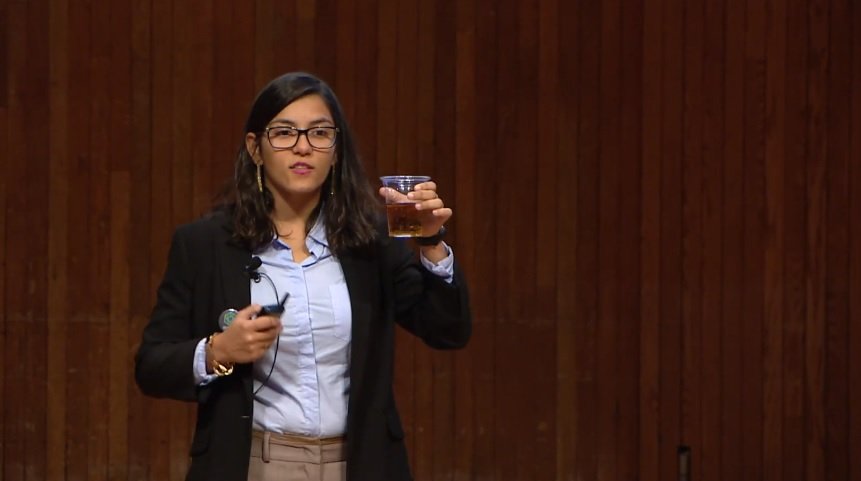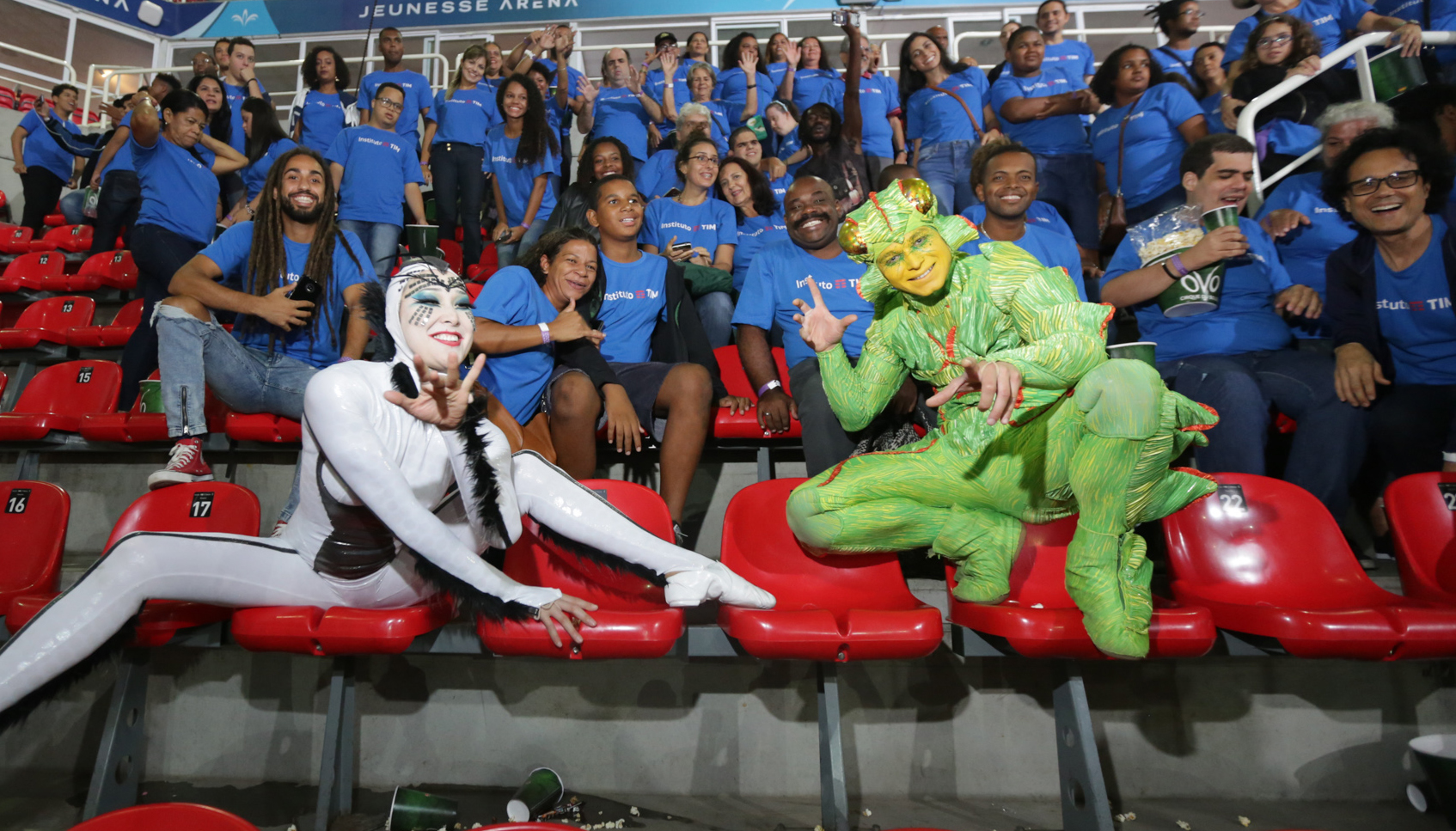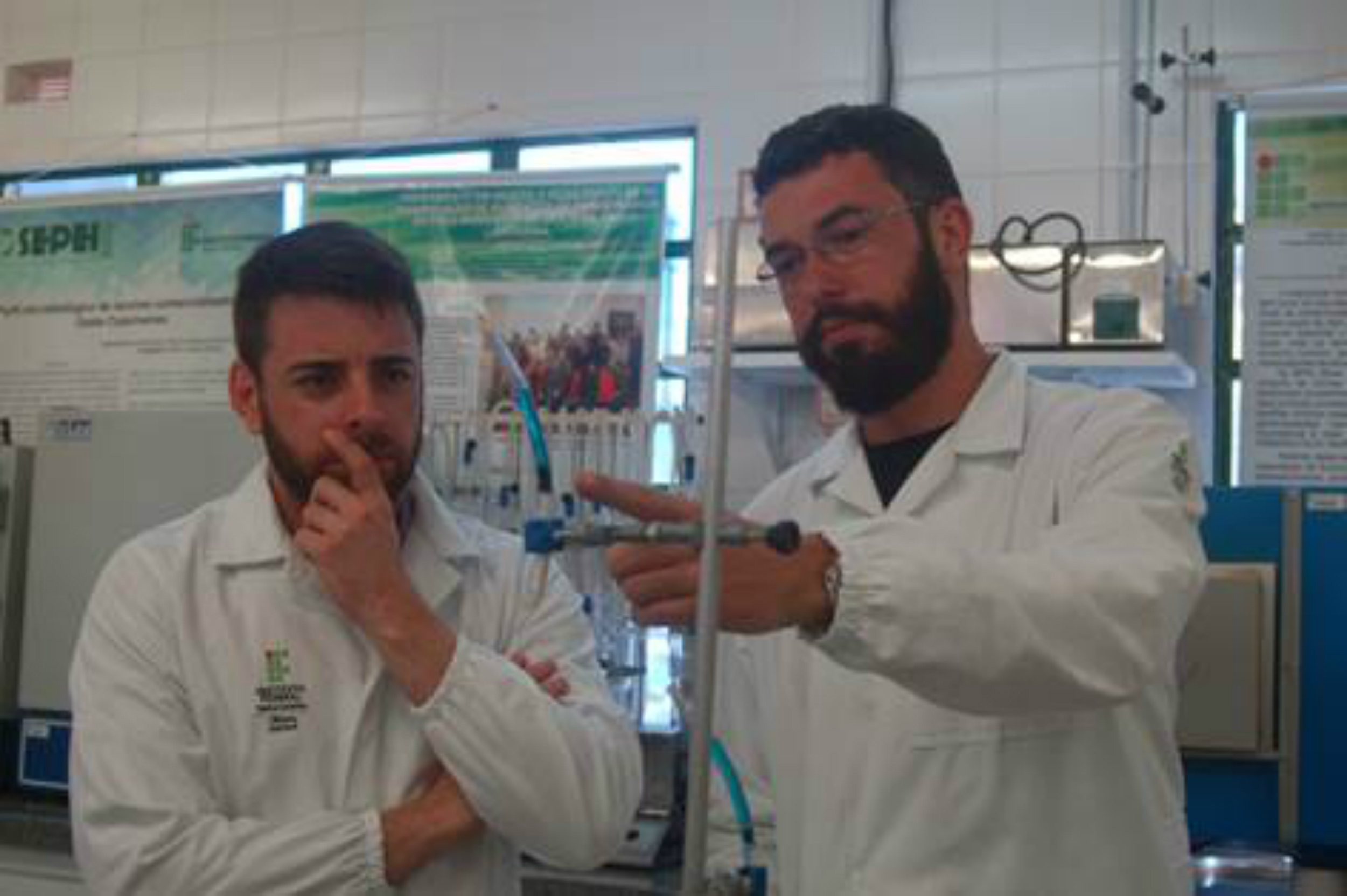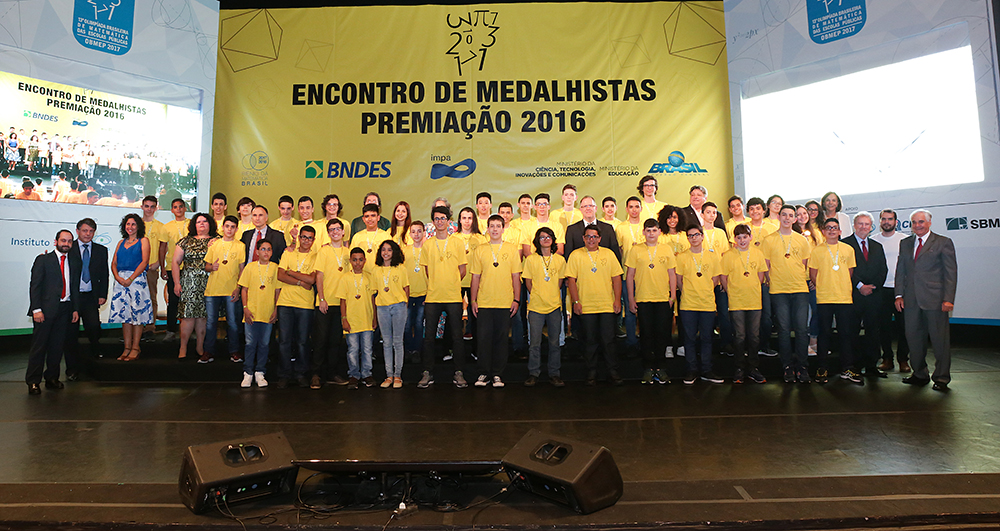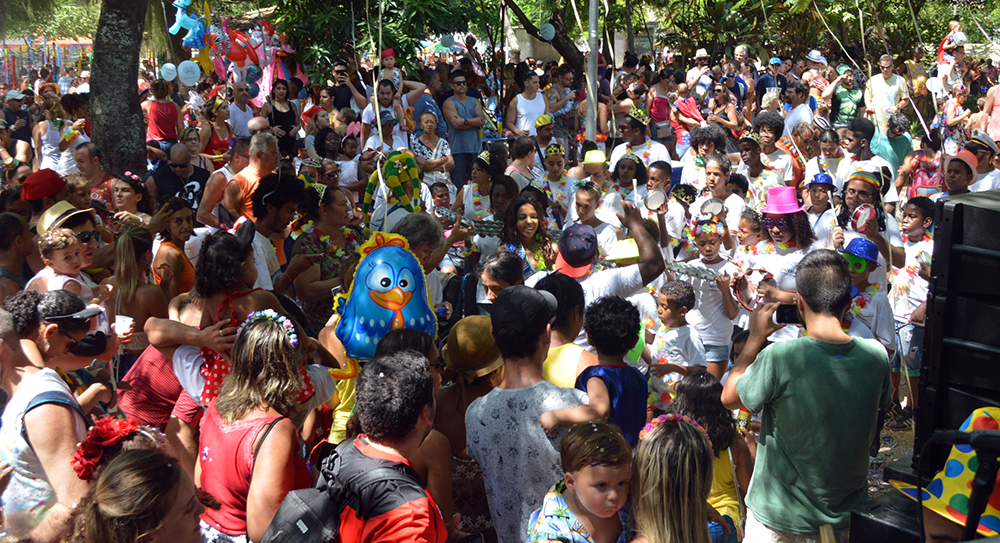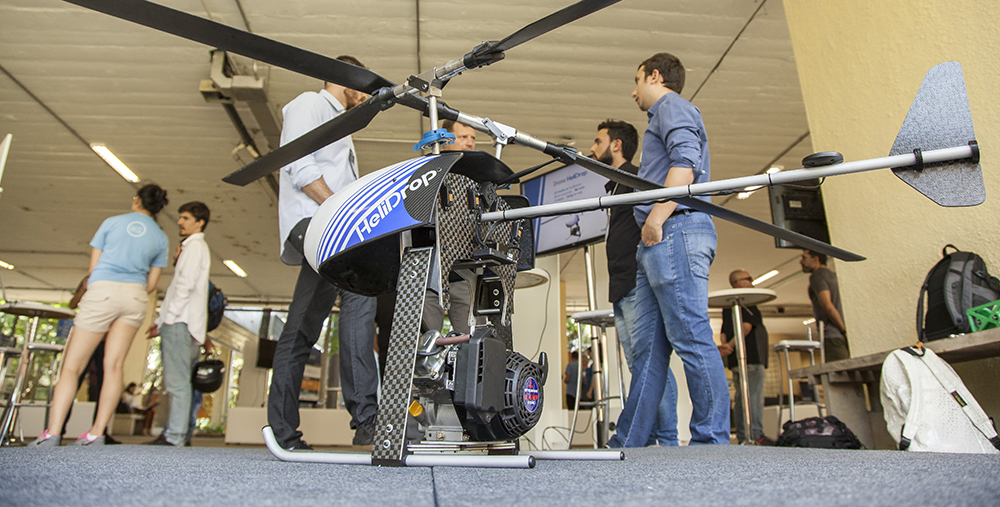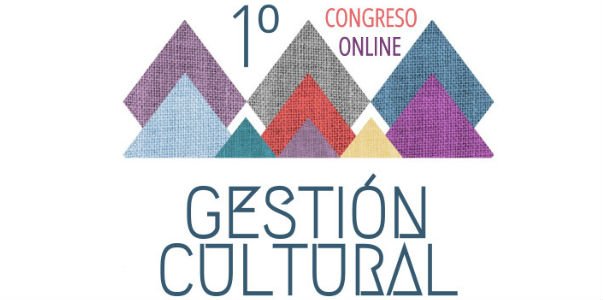
Mapas Culturais was one of the initiatives selected to participate in the 1st Online Congress of Cultural Management, which started on September 12nd and ends on October 10th. The event is organized by cultural collectives of Latin America and Spain and it is being fully held over the internet, through the publication of articles and videoconferences open to all public. The selection of the participating projects was based on the abstracts of registered articles, and Mapas was chosen along with other 46 initiatives.
The article published by Mapas Culturais team presents the project and contextualizes it in three axis: public sector, civil society and private sector. The first explains the changes in the cultural policy in Brazil that forested the project creation, such as the creation of the National Culture Plan and the National System for Cultural Information and Indicators (SNIIC). The second mentions other initiatives of collaborative mapping of culture in the country since the free software Mapsys, the online georeferencing system of Pontos de Cultura (Points of Culture) created in 2004. And the third shows how Instituto TIM developed Mapas, the partnerships with the Ministry of Culture and state and municipal governments and the action of the project’s network.
On September 15th, Mapas was part of the first discussion table of the Congress, with the theme “Cultural management for free culture production”. The virtual debate was based on three questions: which is the key of the sustainability of free culture projects; how to work with the public and what is the consciousness it has that the products, services and processes are based on free resources; and in which way does the free culture movement contribute with cultural management and necessity of cultural management to support free culture processes.
Lívia Ascava and Thaís Rigolon, from Mapas team, mentioned that even if a project is not sustainable, the idea behind it should be. Lívia talked about the other cultural mapping initiatives that led to the creation of Mapas as an example that, when an idea has a very strong and relevant meaning, it can be maintained and developed through other means. “That’s why with the construction of a network and the articulation with many public sectors, independent cultural agents and the third sector, we have an intersectoral action that keeps expanding and strengthening not only the project, but also the idea behind of the project”, stated Lívia.
Thaís also reinforced the importance of the cultural mapping initiatives to be seen as a state policy, defended by all, so that they can be maintained regardless of political parties or government changes. In this sense, the partnership with the public sector is fundamental.
The debate was led by Mariana Fossatti, representative of Ártica Online Cultural Center – Uruguayan cultural collective and one of the organizers of the Congress. Leonardo Foletto, from the Brazilian collective Baixa Cultura (which is also part of the event organization), attended the table. Representatives of other four initiatives completed the debate: the Argentines Ingrid Quiroga and Mariano Martino, from project Cultural Enjambre, and Babi Couto, from publisher Ediciones de la Terraza, the Spanish Andreu Meixide, from Associación Panorama180, and Brazilian Rodrigo Savazoni, from Instituto Procomum. Learn more about initiatives in this link.
Watch the discussion table in full:
































































































